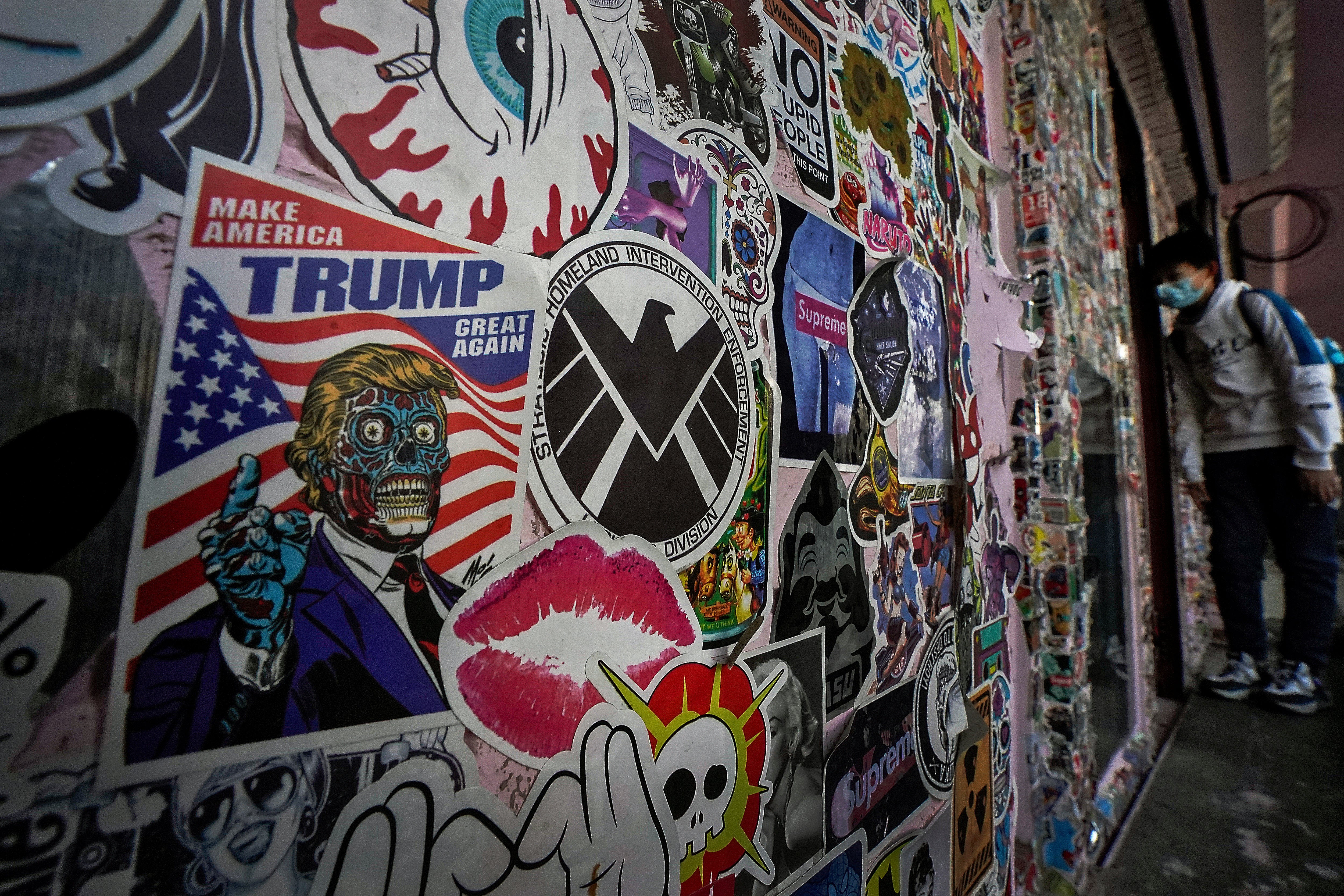China hopes for cooperation, better relations under Biden
China has expressed hope the Biden administration will improve prospects for people of both countries and give a boost to relations after an especially rocky patch, while getting in a few final digs at former Trump officials

Your support helps us to tell the story
From reproductive rights to climate change to Big Tech, The Independent is on the ground when the story is developing. Whether it's investigating the financials of Elon Musk's pro-Trump PAC or producing our latest documentary, 'The A Word', which shines a light on the American women fighting for reproductive rights, we know how important it is to parse out the facts from the messaging.
At such a critical moment in US history, we need reporters on the ground. Your donation allows us to keep sending journalists to speak to both sides of the story.
The Independent is trusted by Americans across the entire political spectrum. And unlike many other quality news outlets, we choose not to lock Americans out of our reporting and analysis with paywalls. We believe quality journalism should be available to everyone, paid for by those who can afford it.
Your support makes all the difference.China on Thursday expressed hope the Biden administration will improve prospects for people of both countries and give a boost to relations after an especially rocky patch, while getting in a few final digs at former Trump officials.
“I think after this very difficult and extraordinary time, both the Chinese and American people deserve a better future,” Foreign Ministry spokesperson Hua Chunying told reporters at a daily briefing.
She said China and the U.S. need to relaunch cooperation in a number of areas. She particularly welcomed the new administration’s decision to remain in the World Health Organization and return to the Paris Agreement on climate change.
“Many people of insight in the international community are looking forward to the early return of Sino-U.S. relations to the correct track in making due contributions to jointly address the major and urgent challenges facing the world today,” Hua said.
She also criticized ex-Secretary of State Mike Pompeo and other former officials, a day after Beijing imposed travel and business sanctions on 30 of them, including Trump's national security adviser Robert O’Brien and U.N. Ambassador Kelly Craft.
“Over the past few years, the Trump administration, especially Pompeo, has buried too many mines in Sino-U.S. relations that need to be eliminated, burned too many bridges that need to be rebuilt and wrecked too many roads that need to be repaired,” Hua said.
Hua on Wednesday described Pompeo as a “doomsday clown” and said his designation of China as a perpetrator of genocide and crimes against humanity was merely “a piece of wastepaper.”
Hua's markedly more friendly tone Thursday appeared to signal Chinese hopes to cool the rhetoric on both sides and give the relationship a chance to heal over some of the worst divisions.
“I think both China and the United States need to show courage, show wisdom, listen to each other, face up to each other and respect each other," Hua said. “I think this is the responsibility of the two major countries of China and the United States, and it is also the expectation of the international community.”
Also Thursday, China’s Ambassador to the U.S. Cui Tiankai offered his congratulations to Biden on Twitter, which is widely used by the Chinese government despite being blocked in the country.
“Congratulations to President Biden on his inauguration! China looks forward to working with the new administration to promote sound & steady development of China-U.S. relations and jointly address global challenges in public health, climate change & growth,” Cui tweeted.
Chinese President and Communist Party leader Xi Jinping congratulated Biden on his election but had no immediate comment on Wednesday’s inauguration.
While Biden’s administration is expected to seek to put relations with China back on an even keel, he is unlikely to significantly alter U.S. policies on trade, Taiwan, human rights and the South China Sea that have angered Xi’s increasingly assertive government.